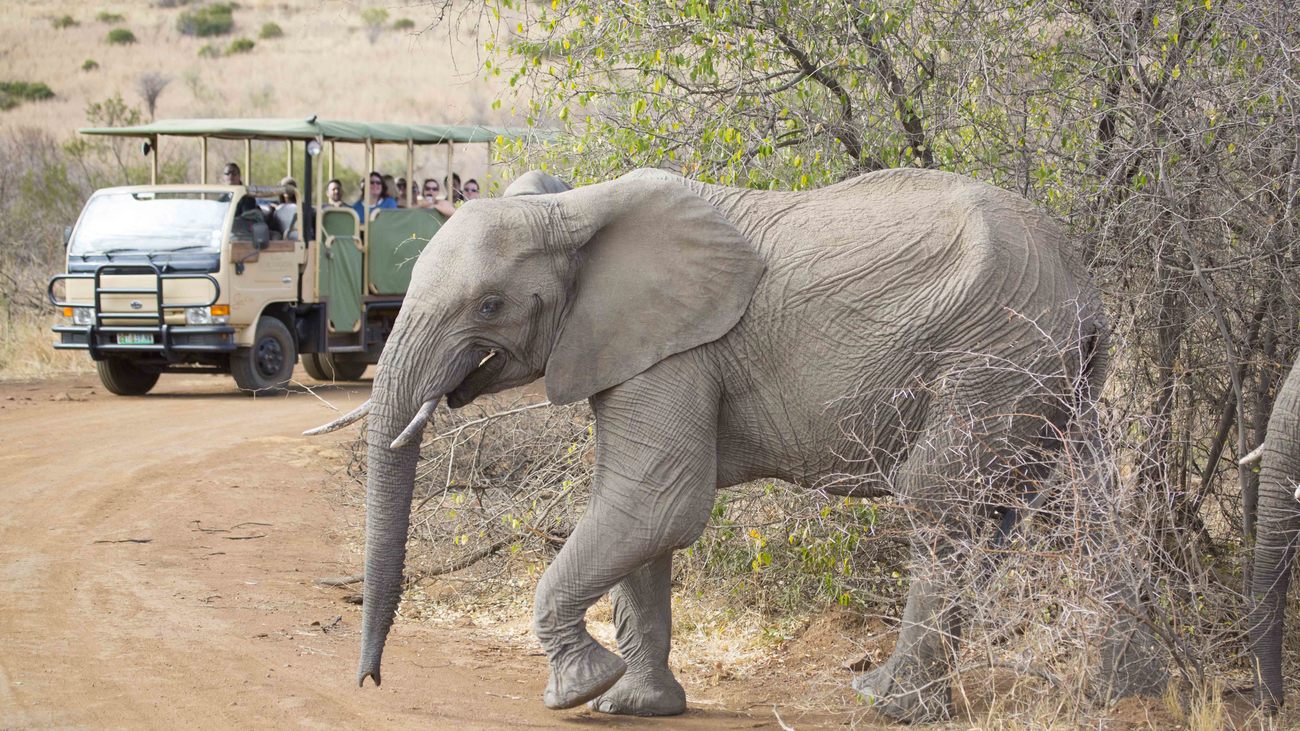Press releases
40 years after the whaling ban – whales continue to die
Read moresustainable travel post-COVID: the future of conservation

COVID-19 taught hard-learned lessons about our relationship with the natural world. As restrictions lift, we must consider the opportunity before us: time for conscious reevaluation of our own footprint.
While many have been on some version of lockdown for the better part of a year, animals across the globe have enjoyed the opposite - freedom to roam land and seascapes virtually void of humans for the first time in decades. However, tourism plays a critical role in conservation now more than ever. Traveling sustainably and with purpose has the power to positively impact animals, people and the place we call home.
Top search terms before March, 2020 were phrases like ‘cheap flights,’ ‘hotel deals,’ and ‘vacation package.’ Now we’re seeing questions like ‘is it safe to travel’ and ‘how to travel post COVID’ top the charts. Although we hear the term ‘sustainable’ paired with travel often in news and pop culture, it has yet to materialize into an actioned part of travel planning.
Perhaps that has to do with the nebulous nature of the term. Does sustainable travel mean a smaller carbon footprint? Tourism that can be maintained long term? Consideration for natural resources? Respect for indigenous communities? Coexistence with animals and nature? The short answer is: yes.
In order to make travelling sustainable – possible for Earth’s biosphere and human civilization to capably and continuously co-exist, it must be a key consideration when traveling locally and globally. IFAW cohosted a conversation with Asilia Africa, leaders in conservation tourism envisioning the future of conservation travel with George Turner, wildlife photographer and Andrea Sachs, Washington Post.
We collectively discussed that the onus is on the traveler to prioritize conservation and animal welfare. In addition to best practices to combat climate change like conserving water, avoiding single use plastics and eating less meat, here are additional considerations to make your travel more sustainable.
COVID-19 has had undeniable impact across industries. Our hope is that conservation elevates to the forefront of travel considerations in the future.
every problem has a solution, every solution needs support.
The problems we face are urgent, complicated, and resistant to change. Real solutions demand creativity, hard work, and involvement from people like you.
Unfortunately, the browser you use is outdated and does not allow you to display the site correctly. Please install any of the modern browsers, for example:
Google Chrome Firefox Safari